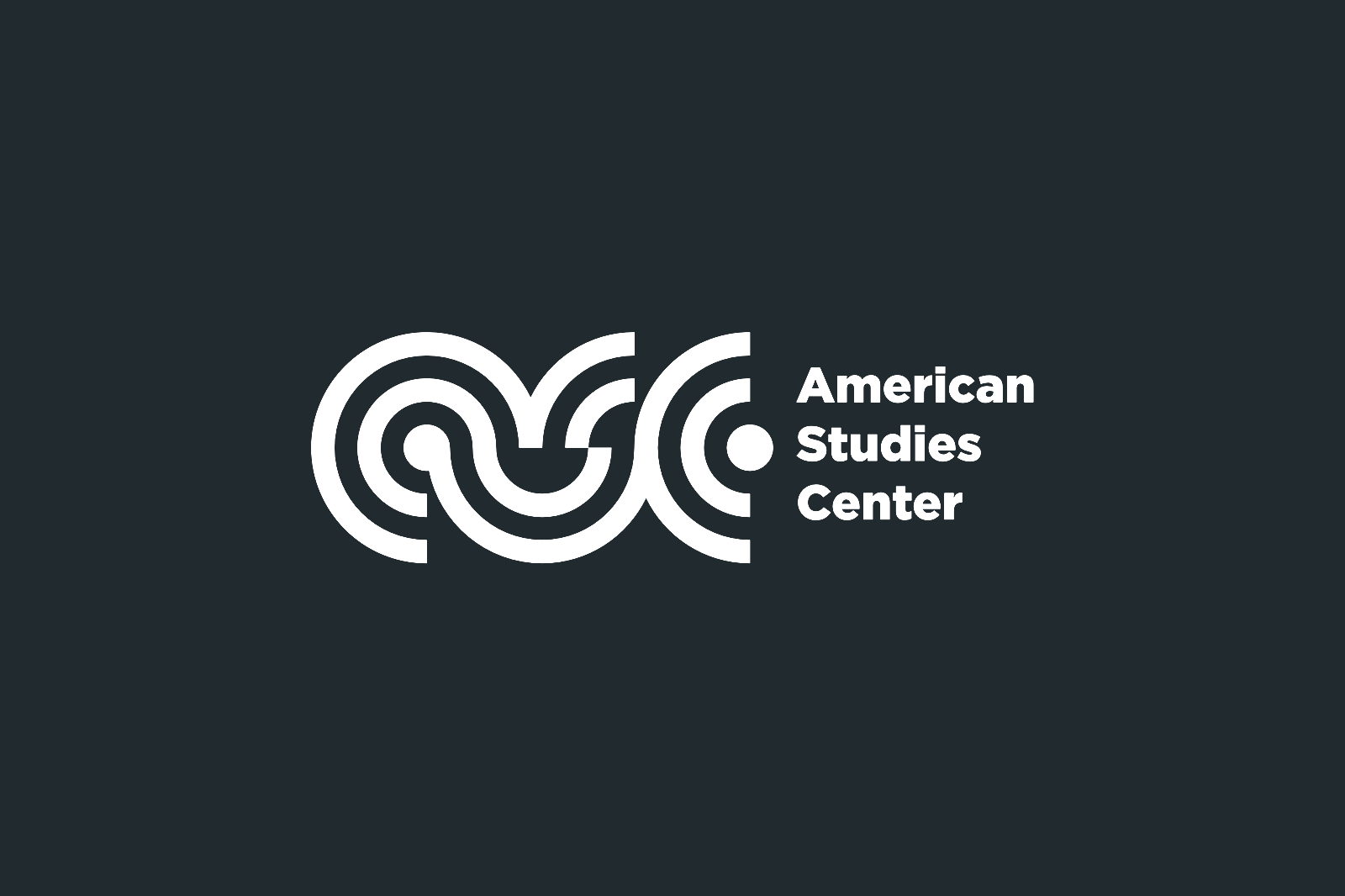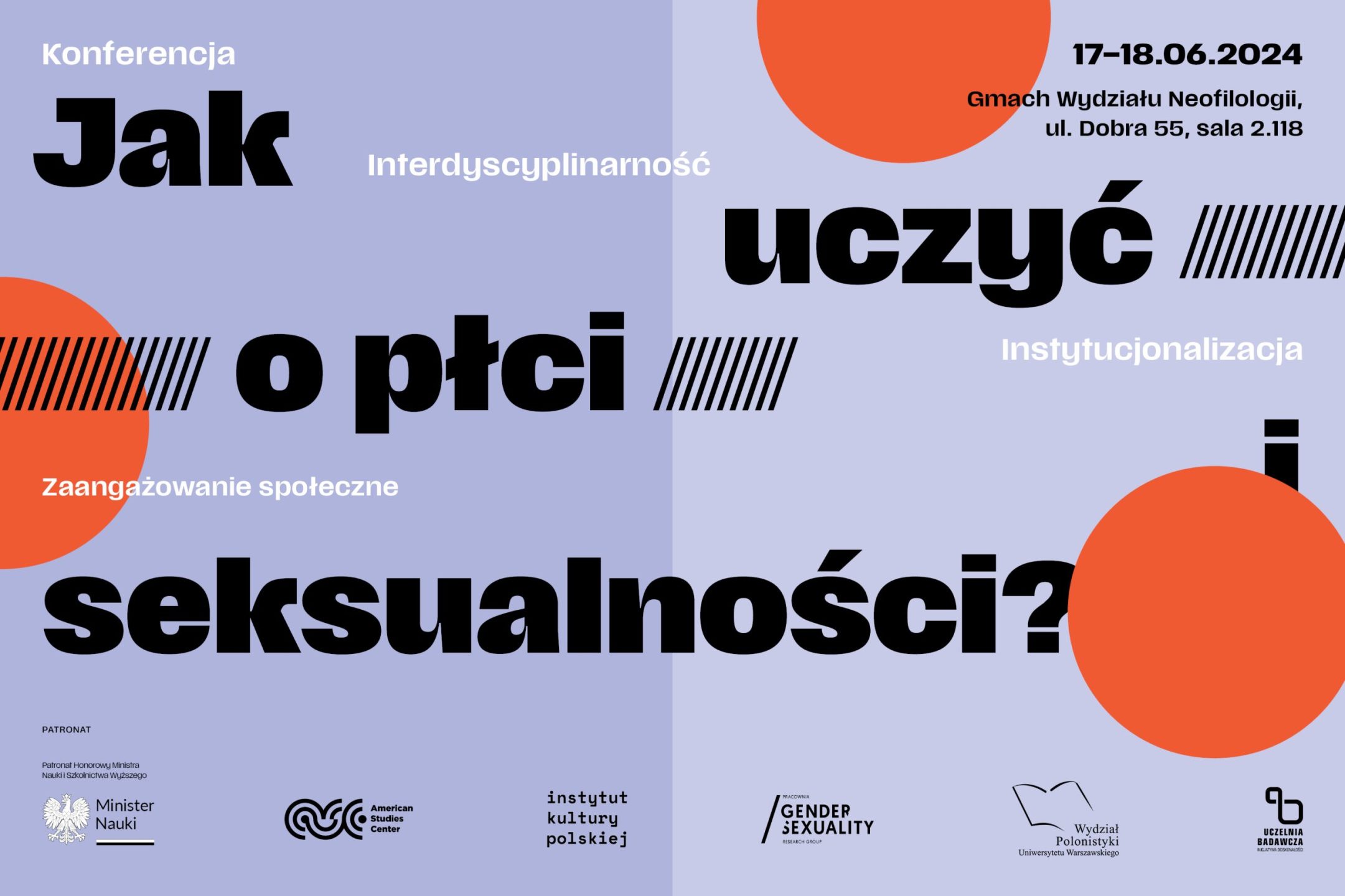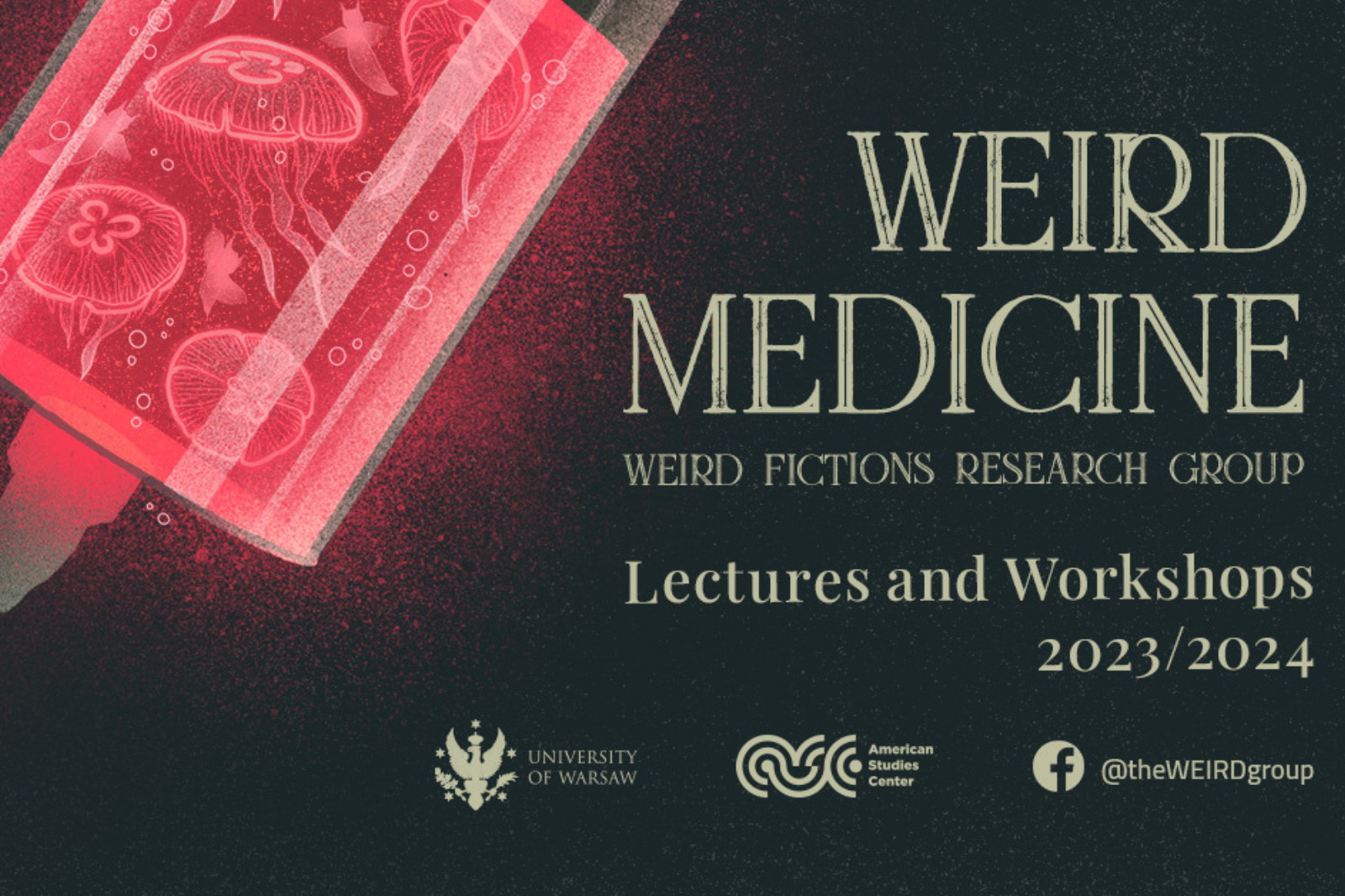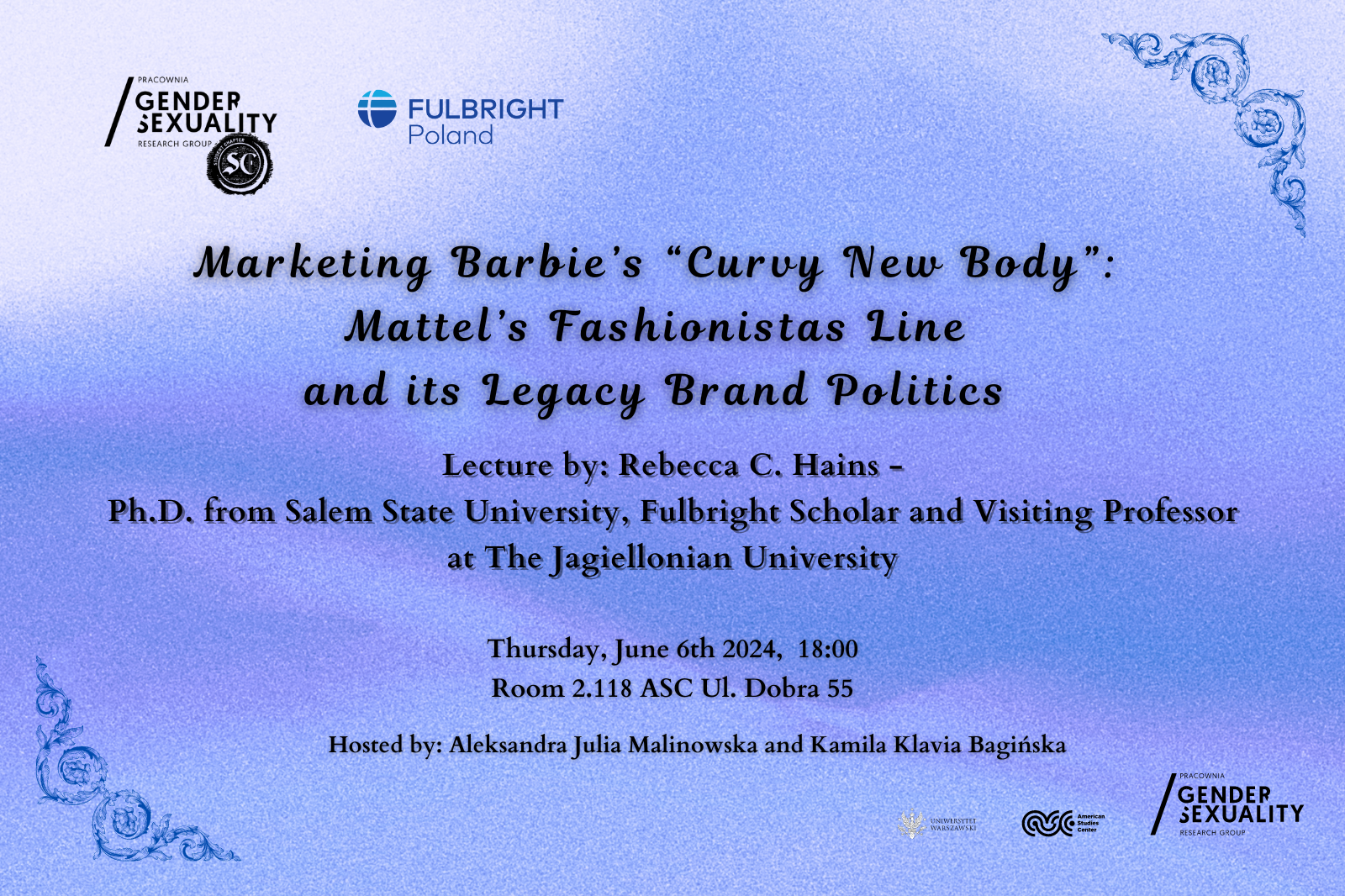We are delighted to invite you to the third talk of the Fall 2022/2023 semester of the American Studies Colloquium Series:
Alexis Lothian
(University of Maryland)
Imagining Sex Between White Men: Slash Fan Fiction and the Racial Politics of Feminist Fantasy
This is an online event.
Thursday, November 17, 2022
at 5:15 p.m.
You can get 2 OZN points for participating in this event.
Check how to collect OZN points online here.
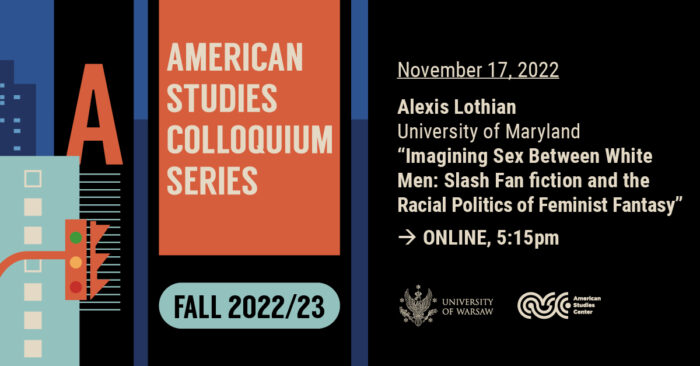
Where?
This lecture will be streamed online. To attend, click the button below or enter https://uw-edu-pl.zoom.us/j/94458285112 into your browser, and join the meeting.
What?
Slash fan fiction emerged in the 1970s and 1980s as a genre of informally published romantic and erotic fiction about sexual relationships between male fictional characters from popular American and British television shows. Scholars and participants have claimed it as a feminist practice since its early days, largely due to its circulation within fan communities composed mostly of women (Russ; Lamb & Veith; Bacon-Smith). Claims to the genre’s liberatory potential have been fiercely made and fiercely disputed, with powerful contestations calling attention to the unacknowledged whiteness of slash’s racial landscape and the influence of that whiteness on continuing trends within online fan fiction (Pande; Stanfill; Johnson).
This talk takes up slash as a racial formation, asking how it is that white male bodies in sexual congress became a site of feminist fantasy. It considers how the models of feminist erotics slash scholars have developed shift when whiteness moves from an unspoken norm to a site of critical analysis. I begin by examining the absence and presence of race within the history of slash and slash studies, with particular attention to the racial analogies that circulate around the foundational pairing of Kirk and Spock. I then turn to the history of debates within slash fandoms that have called attention to the hidden operation of race in these mediated communities formed around shared narrative sexual fantasy. Finally, I seek to expand the terms of the debate around slash and whiteness by examining the ways that dynamics of racialization can be critically engaged on and through the bodies of white male protagonists in slash stories written and read by fans of color. Even as slash demonstrates the extent to which white supremacy has contributed to conceptualizations of feminist and queer erotics, it also opens spaces that allow us to ask when, how, and whether a speculative erotics of white masculinity might have something to contribute to a feminism committed to antiracist politics.
Who?
Alexis Lothian is Associate Professor in the Harriet Tubman Department of Women, Gender, and Sexuality Studies at University of Maryland College Park. Her research centers on speculative fiction, digital media, and fan culture and their relationships to gender, race, and disability justice. She is the author of Old Futures: Speculative Fiction and Queer Possibility (NYU Press, 2018) and has published in American Quarterly, Feminist Studies, International Journal of Cultural Studies, Cinema Journal, and Camera Obscura, among other venues. A founding member of the editorial team for Transformative Works and Cultures, Lothian has a longstanding involvement in feminist science fiction fandom.
